The data monitoring system testo Saveris is currently helping Eastern Health Pathology in Melbourne maintain the integrity of devices which require precise temperature monitoring.
Category / Food & Health
An Australian company is pioneering an innovative vending machine which freshly fries chips in a little over two minutes.
Campylobacteriosis is the most common food borne illness, and more needs to be done to tackle it by professionals in the industry.
A new cargo shipping system will see temperature controlled environments more easily monitored, lessening the chance of sensitive items spoiling.
New links between the Europe and the Middle East have shown the crucial need for temperature controlled freight in the pharmaceutical sector.
Could refrigeration be the key in creating the perfect temperature controlled environment for the effective study of bats.
A suspected outbreak of salmonella has left a restaurant closed and 80 people suffering from varying levels of food poisoning.
There have been five cases of children getting sick from unpasteurised milk. This highlights the need to ensure all dairy products are up-to-standard.
An office Christmas party in the US saw 55 revelers come down with food poisoning. Could a temperature data logger have prevented the outbreak of illness?
Frozen food is vital to supply both Australians and the world with quality products. So how can the quality of these products be assured?
According to research, cases of foodborne illnesses have declined 17 per cent. However, Salmonella and Campylobacter have increased over the same time.
It is important to have sufficient systems in place to monitor both temperature and humidity. So what are the benefits of testo Saveris?
Testo’s Saveris data monitoring system is capable of recording and documenting in a range of applications including in pharmaceutical and R&D.
Infertility is a growing problem, not only in Australia, but around the world and testo Saveris is playing a role in ensuring its success.
A Queensland company has had its fine more than doubled to $20,000 for charges relating to not checking prawn imports from Vietnam.



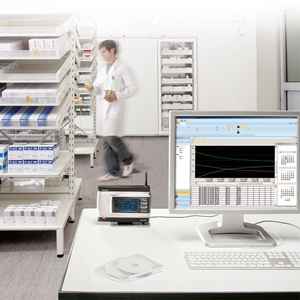
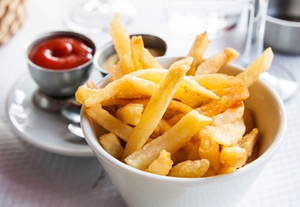
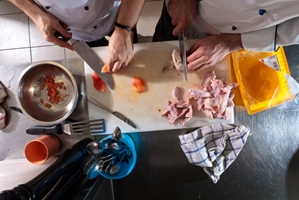
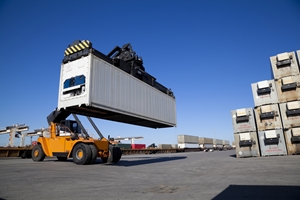
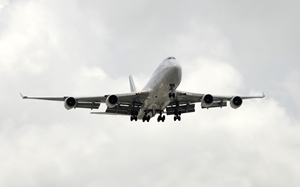

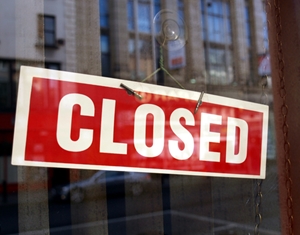

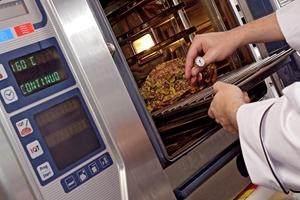
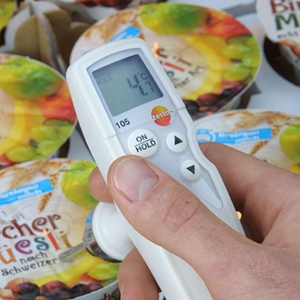

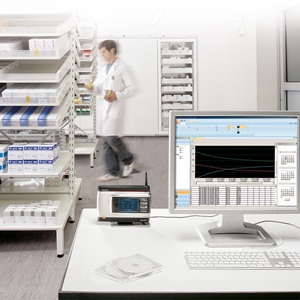
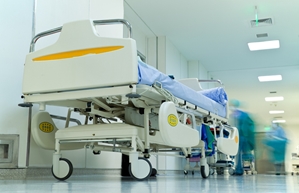

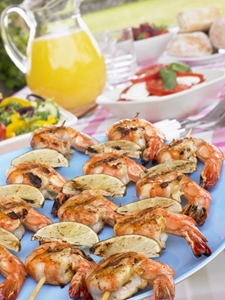
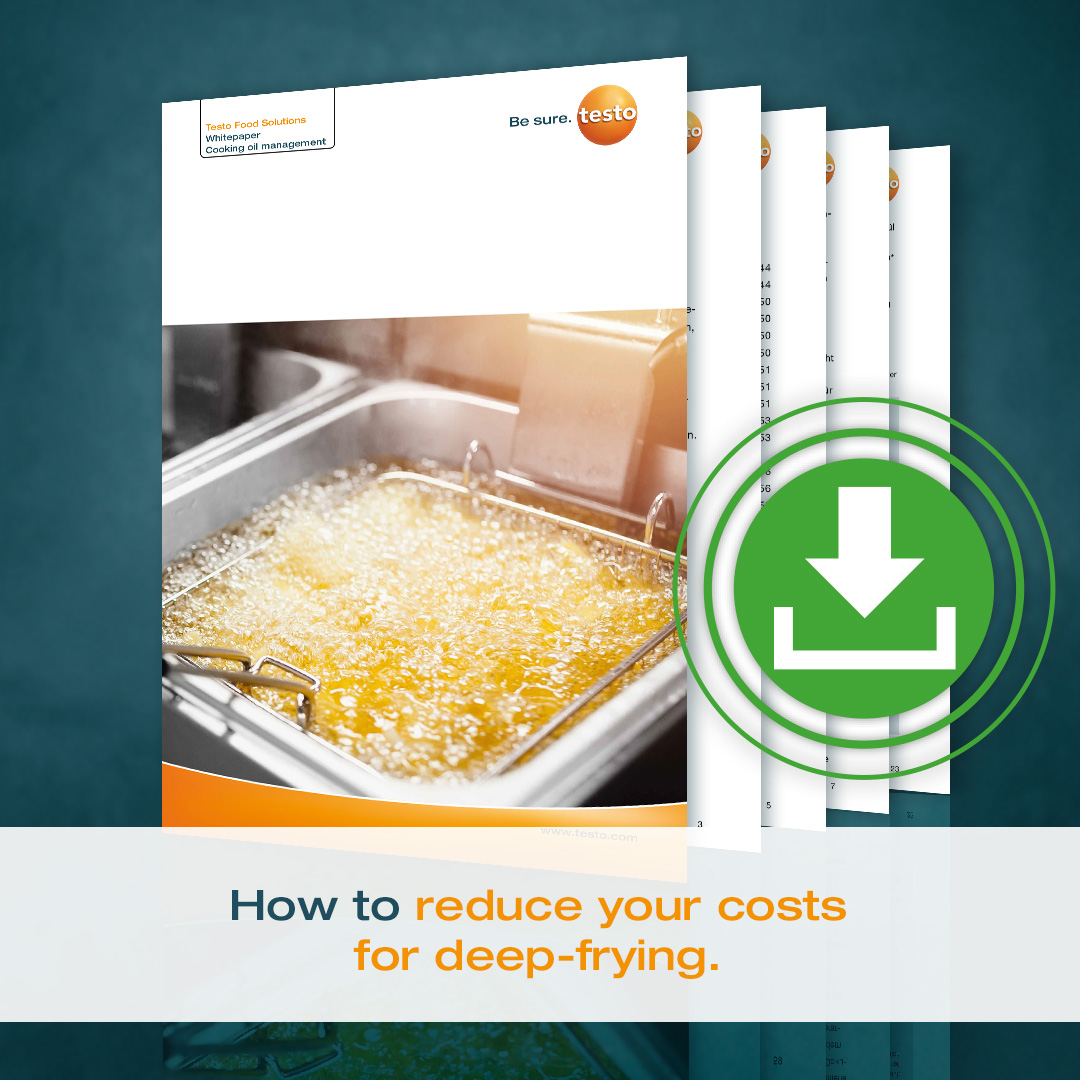 Reduce cooking oil costs while ensuring quality
Reduce cooking oil costs while ensuring quality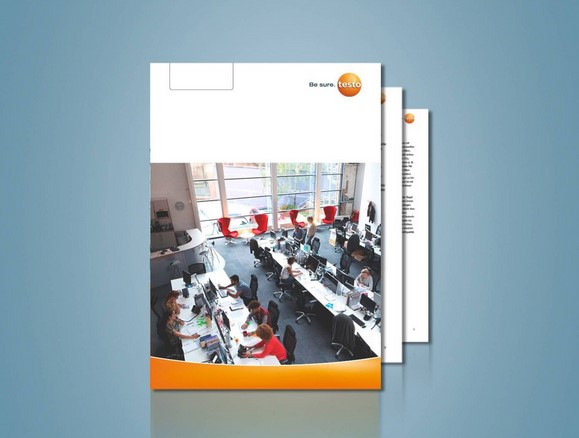 Expert knowledge on CO2 monitoring
Expert knowledge on CO2 monitoring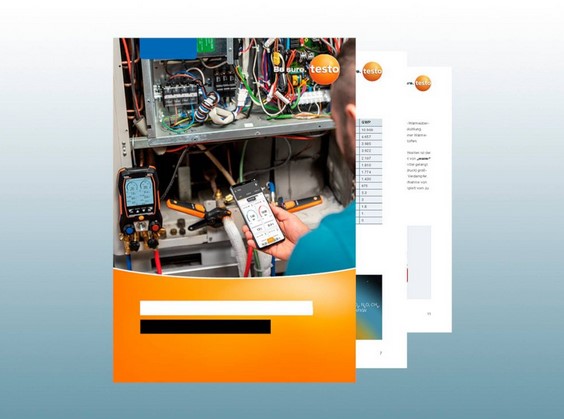 Refrigeration knowledge - in 3 modules
Refrigeration knowledge - in 3 modules



